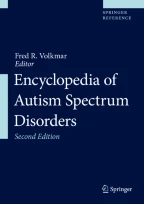
Short-term memory refers to the immediate or temporary storage of information.
The limited data that can be stored in short-term memory will be lost if not repeated or rehearsed. An individual’s ability to temporarily store information is considered to be a function of a variety of factors, including how the information was encoded, whether it could be rehearsed, and even the psychological state of the individual, such as his or her anxiety level (e.g., Darke 1988). Early work on memory suggested that short-term memory was a unified temporary storage system (Atkinson and Shiffrin 1968). According to Baddeley and Hitch (1974), short-term memory was later proposed to have several components, collectively referred to as working memory, responsible for simultaneously storing and operating on information for relatively short periods of time when an individual performs cognitive tasks. These three components of working memory were referred to as the central.